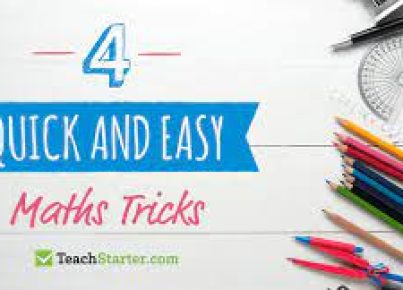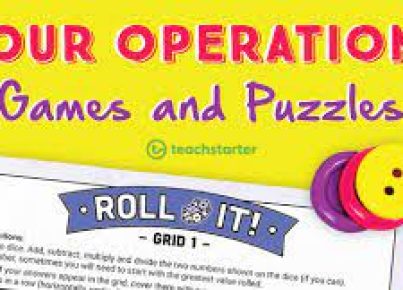Introduction:
As a teacher, you may often find yourself seeking new and engaging methods to help your students learn and retain mathematical concepts. One such technique, which may not be commonly associated with math classes, is the use of journals. You might be wondering how journaling could have an impact on a subject like mathematics. In this article, we explore the value of incorporating journaling into your math curriculum and provide practical tips to get you started.
The Benefits of Journaling in Math Class:
1. Encourages Reflection and Self-Assessment:
Journaling allows students to reflect on their learning process, identify any challenges they faced, and analyze their own thought processes while solving problems. This can lead to improvements in critical thinking and problem-solving skills.
2. Enhances Communication Skills:
Writing about math provides an opportunity for students to practice articulating their understanding of mathematical concepts and explaining their reasoning behind solutions. This helps them develop valuable communication skills that will benefit them in other subjects as well as future STEM careers.
3. Reinforces Conceptual Understanding:
When students write about the steps they followed in solving a problem or explain a concept in their own words, they are more likely to retain that knowledge for future use.
4. Boosts Engagement:
Using journals can make math class more engaging and relatable by encouraging students to see the real-world connections between mathematics and their everyday lives.
Tips for Using Journals in Math Class:
1. Start with Simple Prompts:
Begin by providing your students with simple prompts related to the day’s lesson, such as asking them to explain a concept in their own words, describe the steps they took to solve a particular problem, or identify what they found most challenging during class.
2. Encourage Creativity:
Allow students to express themselves creatively through drawings, diagrams or even poetry that help illustrate mathematical concepts.
3. Focus on Process, Not Just Answers:
Encourage students to focus on explaining their problem-solving process, rather than just writing down the final answer. This will help develop a deeper understanding of the concepts being taught.
4. Provide Feedback and Support:
Regularly review your students’ journal entries and provide constructive feedback on their work. This will help them improve their writing and mathematical reasoning skills while also fostering a supportive learning environment.
5. Use Journal Entries as Teaching Tools:
Share excerpts from student journals during class discussions or use them as a basis for class activities. This not only validates the student’s work but also helps in creating a sense of ownership and pride in their learning.
Conclusion:
Incorporating journaling into your math classroom can be a transformative experience that encourages students to engage with mathematical concepts on a deeper level while also honing valuable life skills like critical thinking, problem-solving, and communication. Start by experimenting with different prompts and activities, and soon you’ll see the impact it can have on your students’ learning and success in mathematics.





